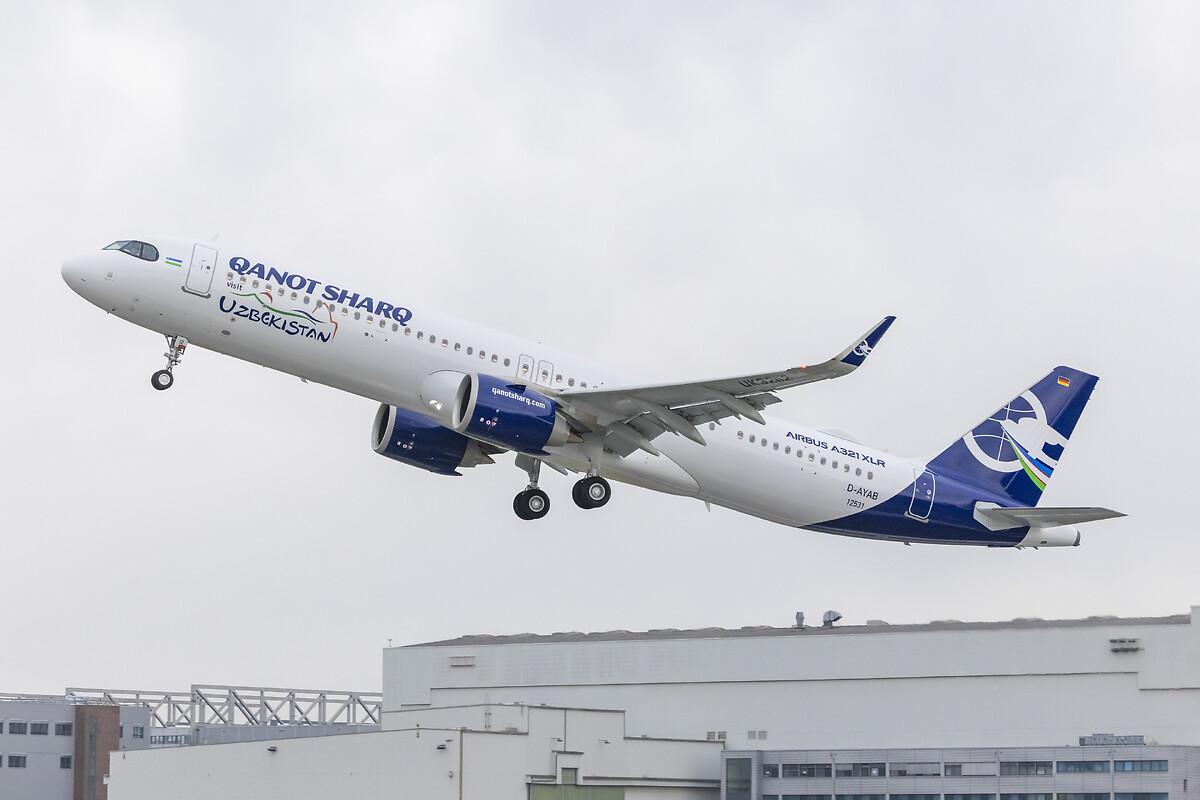
Amid COVID-19, many foreign governments are looking to evacuate citizens back to their home country. Foreign governments charter aircraft from their national carrier(s) known as repatriation flights. According to sources, foreign governments are doing this by chartering Vietnam Airlines to fly to more than 10 countries, rescuing citizens stuck in the country due to the international travel ban.
According to a document obtained by TheExplorerBlog, Vietnam Airlines will operate flights to Canada, France, Russia, Spain, and the U.S., among others.

In Canada, Vietnam Airlines will operate two repatriation flights, one on April 30th, and one on May 8th, to repatriate citizens to Toronto (coming back via Vancouver), and a separate flight to Vancouver. In the U.S., Vietnam Airlines will operate two flights on May 10th and May 2nd:The first to San Francisco (SFO) and the second to Washington-Dulles (IAD).
In Europe, Vietnam Airlines will operate to Paris, Moscow, and Spain, on May 5th, 12th, and the 15th respectively. In Asia, Vietnam Airlines will operate flights to Dubai, Bangkok, and Manila on May 2nd, 14th, and 17th. Previously, Vietnam Airlines already operated a repatriation flight to Jakarta, in Indonesia which was completed successfully.
The long-haul flights will be operated by the backbone of Vietnam Airlines's long-haul fleet, mainly its A359 fleet and the B789(except for flights to Manila which will be operated by the A321). Previously operating B767s and B777s, Vietnam Airlines has opted to replace them with newer and more efficient aircraft like the A359 and B789. Currently, the airline is in the midst of receiving B78Xs which will further strengthen its fleet.
Vietnam Airlines has been looking at expanding its international offering, mainly to the United States. The FAA gave Vietnam a Class 1 rating, allowing any airline to start flights. Vietnam Airlines had applied for flights to the U.S. to destinations such as Los Angeles, San Francisco, Seattle, and New York via points like Taipei, Osaka, or Nagoya. Meanwhile, its rival Bamboo Airways had eyed A380 flights to Los Angeles via Taipei.
Vietnam Airlines is currently suffering from the COVID-19 pandemic with little demand. Recently, in order to raise liquidity, Vietnam Airlines sold its 49% stake in the Cambodian carrier, Angkor Air. However, the domestic Vietnam market has recently been reopened, but to little demand. According to VNExpress, Vietnam Airlines is seeking $500 million USD in government support and has taken on $153 million dollars USD onto its balance sheet in the form of short term loans.
In the last decade, Vietnam Airlines has been more vulnerable as new competitors have arisen. Domesic airlines such as VietJet and Bamboo Airways have lowered the average cost of domestic airfare. Bamboo Airways is planning to fly internationally to destinations in Europe and North America, threatening Vietnam Airlines' market share. However, with the pandemic, Asian airlines like Bamboo Airways are at high risk due to the low amount of liquidity they have.
A plethora of airlines have operated repatriation flights to help transport citizens back to their origin country. From United Airlines to Azerbaijan Airlines to Lufthansa, these flights have been quite normal. In addition, due to the COVID-19 pandemic, airlines have been focusing more on their cargo operations. Vietnam Airlines began cargo-only flights just last month, utilizing their passenger fleet of B789s and A350s. Many airlines are doing the same, such as Air Canada. Other airlines have focused on the increased demand in cargo to increase revenue during COVID-19 and its low demand, such as United, American, and Delta.
What are your thoughts on Vietnam Airlines' repatriation flights? Are repatriation flights necessary during these times? Leave your thoughts in the comments below.
Frontier Airlines Wraps Up 2025 with Major International Expansion from Atlanta » Qanot Sharq Takes Delivery of First Airbus A321XLR to Transform Central Asian Long Haul Travel » Southwest and Turkish Airlines Unveil 2026 Partnership »
Comments (0)
Add Your Comment
SHARE
TAGS
ROUTES repatriation flights Vietnam Airlines Canada US Washington-Dulles San Francisco Toronto Vietnam Hanoi Ho Chi Minh City COVID-19 Coronavirus IAD SFORECENTLY PUBLISHED
 Should Students Have Homework? Better After-School Balance
Is homework bad for students? Explore learning benefits, stress, sleep, and smarter workload limits, so after-school time stays balanced.
STORIES
READ MORE »
Should Students Have Homework? Better After-School Balance
Is homework bad for students? Explore learning benefits, stress, sleep, and smarter workload limits, so after-school time stays balanced.
STORIES
READ MORE »
 Air Canada Rouge to Launch Boeing 737 MAX 8 Operations
Air Canada has officially confirmed a strategic shift for its leisure subsidiary, Air Canada Rouge, announcing that Boeing 737-8 (MAX 8) operations are slated to begin in late Q1 2026. The move marks the beginning of an ambitious year-long transition that will see Rouge evolve into an all-Boeing 737 operator.
ROUTES
READ MORE »
Air Canada Rouge to Launch Boeing 737 MAX 8 Operations
Air Canada has officially confirmed a strategic shift for its leisure subsidiary, Air Canada Rouge, announcing that Boeing 737-8 (MAX 8) operations are slated to begin in late Q1 2026. The move marks the beginning of an ambitious year-long transition that will see Rouge evolve into an all-Boeing 737 operator.
ROUTES
READ MORE »
 Qanot Sharq Takes Delivery of First Airbus A321XLR to Transform Central Asian Long Haul Travel
Uzbekistan’s premier private carrier, Qanot Sharq, has officially taken delivery of its first Airbus A321XLR. The delivery, which took place today at the Airbus facility in Hamburg, makes Qanot Sharq the launch operator for the ultra-long-range narrow-body in the Commonwealth of Independent States (CIS) and Central Asia.
ROUTES
READ MORE »
Qanot Sharq Takes Delivery of First Airbus A321XLR to Transform Central Asian Long Haul Travel
Uzbekistan’s premier private carrier, Qanot Sharq, has officially taken delivery of its first Airbus A321XLR. The delivery, which took place today at the Airbus facility in Hamburg, makes Qanot Sharq the launch operator for the ultra-long-range narrow-body in the Commonwealth of Independent States (CIS) and Central Asia.
ROUTES
READ MORE »



